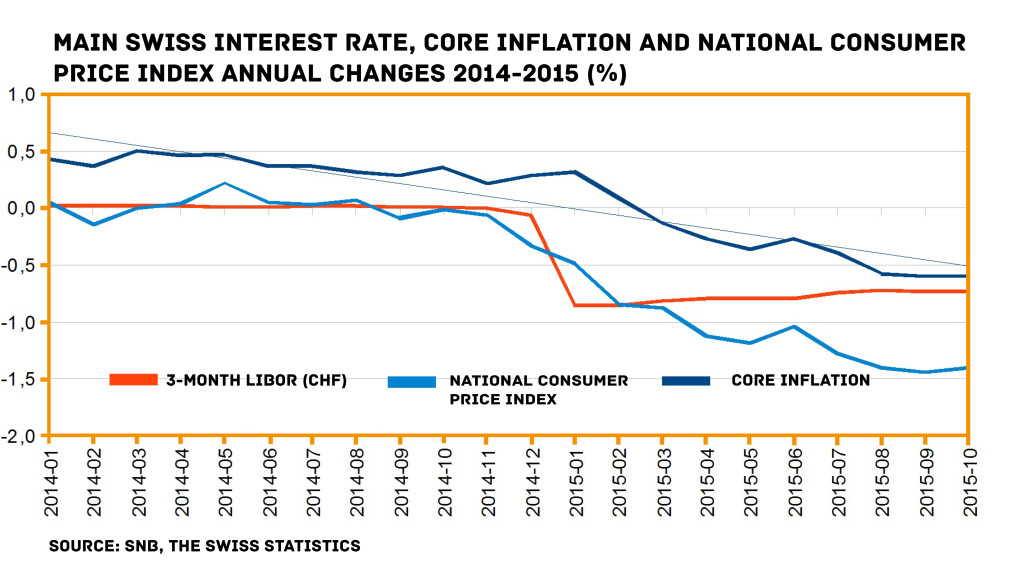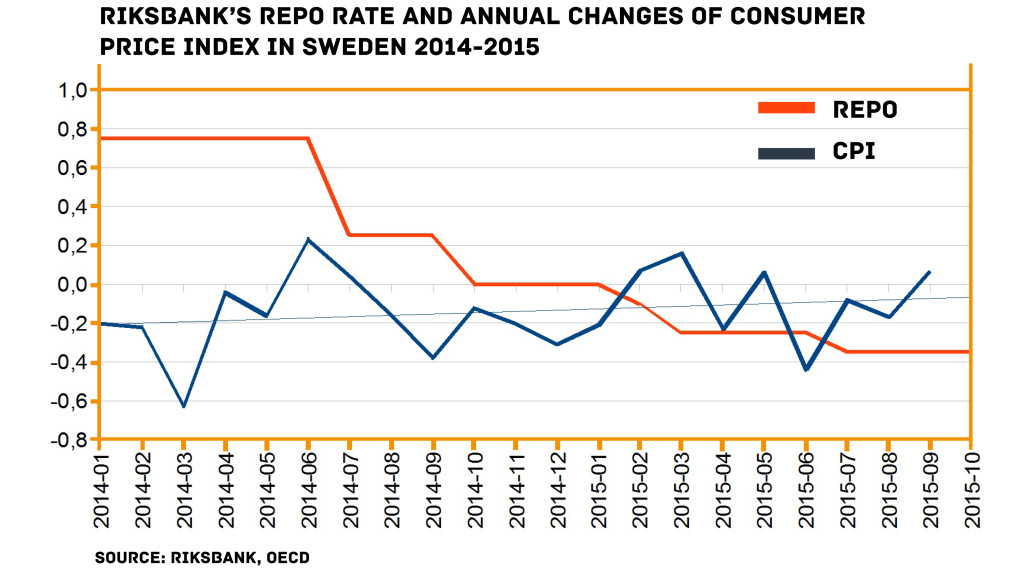Though the exchange rate of the Swiss franc was floated by the Swiss National Bank in January 2015, yet in Poland the problem that arose in connection with it regarding housing loans taken out in Swiss francs is far from being solved. The deadline for the final decision in this respect has again been extended, which further heightens the tension both on the part of some half a million of the borrowers and on the part of the lending banks. The chances are that the banks may sustain a cost of up to 50 bn PLN or approximately 12 bn euros, which is equivalent to three times as much as the whole profit made by the banks for the year 2014.
On 15 of January 2015 the Swiss floated the exchange rate of the Franc: prior to this day the exchange rate was PLN 3,57 to CHF 1, thereafter it rose to PLN 4,33 to CHF 1. During the following months the rate settled at PLN 3,92 to CHF 1. What does that mean for 560 thousand families that pay the Swiss franc loans back? Taking into consideration that the average exchange rate when the loans were taken out stood at PLN 2,4 to CHF 1, it means for an average debtor a loss of PLN 1,5 for each Swiss franc borrowed1. Continue reading















